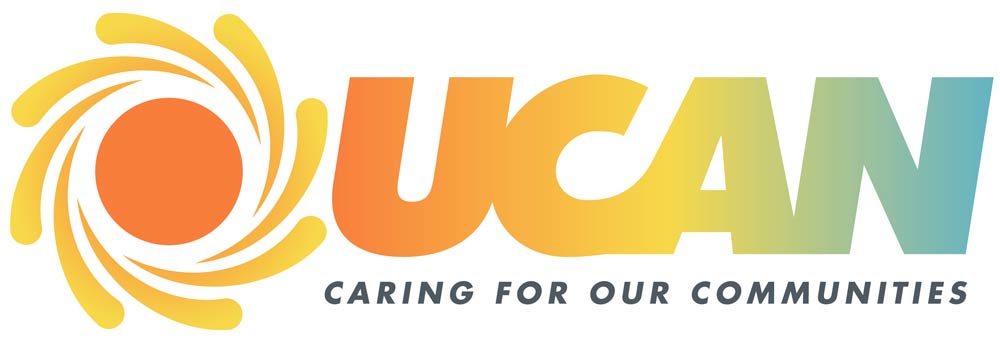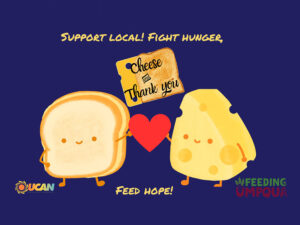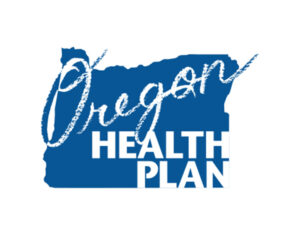Our communities have many terrific healthcare professionals, hospitals offering comprehensive services and health clinics offering varied services to low-income folks. While we are fortunate to have such resources available locally, recent studies show that clinical care alone contributes about 20% to health outcomes. Social and economic factors (including education), healthy behaviors (like healthy eating) and physical environment (including housing) contribute the remaining 80% to such outcomes.
Most of the services offered at UCAN address these factors. We offer many programs that improve residents’ economic well-being. Our Early Childhood programs lay the foundation so young children succeed in school, and families receive support to flourish. We offer programs influencing healthy behaviors, such as nutrition education. And we have many ways we help folks with housing.
Why would non-clinical factors contribute so much to health outcomes? Take the example of physical environment, which includes the availability of housing. Those lacking housing typically live to about their mid-fifties. That’s over 20 years less than the rest of us in the US. Cold is often a contributing factor in these deaths. Those living in poorly ventilated or leaky homes are also at-risk for serious health issues. Children living in homes with mold often develop conditions like asthma that have lifelong impacts on their health.
This issue of our newsletter focuses on the many ways we help with housing. From affordable housing to weatherizing homes to providing regular and extreme weather emergency shelter, we offer a range of solutions that improve health. In the case of our extreme weather shelters, we may even be saving lives.
You can support these efforts by volunteering, by donating or both! As we enter the holiday season, my wish is that you and all our neighbors are healthy.



